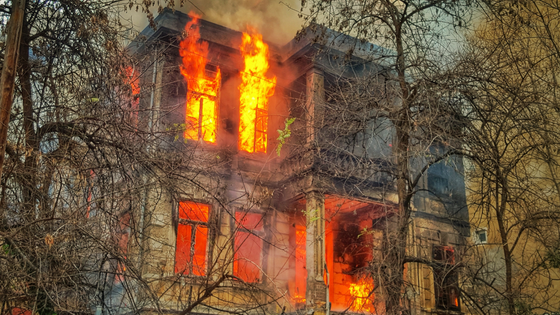Found a great property in Burbank and want to purchase it to put on rent? Great decision, but wait. Be sure to get landlord insurance for buy-to-let property. Before you even shake your head, and say that you already have a home insurance then let’s make one thing clear. Home insurance does not equal landlord insurance.
What is Landlord Insurance?
Simply put, landlord insurance is a financial coverage for buy-to-let property. It’s different than home insurance as it covers a host of aspects that pertain to tenancy and upkeep of the rental property.
There are two types of landlord insurance coverage: property and liability protection. Property coverage include damage and repair of the property, structures attached to the house, and personal assets used for rental purpose.
Liability protection include medical expenses, legal fees and other costs associated with injury to tenants while living in your rental property.
Landlord insurance also covers income loss due to damage from natural disasters and terrorists.
To what extent does your landlord insurance cover? Let’s read up.
Things You Need to Know
Unlike the general belief, landlord insurance does not cover everything and anything on a rental property. In fact, if you’re not careful, you’ll miss out on the fine prints that may exclude things you really need covered.
1. Damage Due to Criminal Activities
Your landlord insurance does not cover vandalism or damage due to it, neither does it cover burglary, which may result in loss of assets and property damage. So you might want to top up your insurance with these clauses considering crime rates are high nowadays.
2. Tenant’s Belongings
If your tenant’s property or belongings are damaged due to fire or natural disaster, they’re not covered by landlord insurance. Always ask tenants to purchase their own tenant insurance for their safety.
3. Repairs and Construction
A landlord insurance does not cover buildings that are under construction, remodeling or upgrade. You can purchase coverage as an add-on until your rental property is ready for tenancy.
Moreover, if your building is old and may require major replacements like wiring, ventilation or repair, landlord insurance does not cover them. If you know the condition of your rental property building, then it’s wise to have an add-on to cover such a situation.
4. Legal Fees
Sometimes accidents happen through no fault of the rental property owner but tenants tend to blame and sue landlords for damages. You don’t want to spend your entire rental income in legal fees. It’s a wise to add-on this coverage in the policy when you take on a landlord insurance.
5. Loss of Rent Income
If your property is not generating rent income due to damage, hold up, inhabitable condition and/or official seal off due to police investigation, you’re entitled to rental income loss, provided you’ve got it mentioned in your policy.
6. Emergencies
Emergency due to pests, burst pipe, electrical wire malfunction, or gas leakage are not covered in your landlord insurance, unless you have added it in your policy and paid for it earlier on.
7. Accidents
You’ll thank yourself for adding accidental coverage add-on in your landlord insurance when you’re called one fine day or night, by tenants to shoulder hefty bills of broken down boiler, breakage due to bad neighborhood or break in.
Better Be Safe Than Sorry
While landlord insurance is not a requirement but it’s better to be on the safe side and get one. You’ll never know when lightening might strike, light up a fire, and the next thing you know it, your property is burnt down, you’re sued by injured tenants. Okay so that’s a worse case scenario but you get the drift. If you don’t know where to get one, contact our property management company to get advice.









